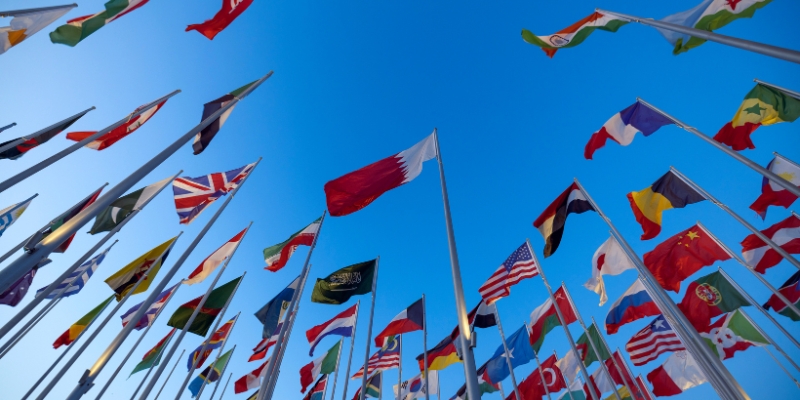In the international diplomatic arena, interpreters often remain invisible. Yet their role is decisive: they give voice to leaders, enabling negotiations between countries that speak different languages. A single misinterpreted nuance or poorly chosen word can alter the perception of a proposal, affect the interpretation of a clause, or even jeopardize a peace agreement.
History provides striking examples. During the Yalta Conference in 1945, interpreters were essential to maintaining fluid communication among Churchill, Roosevelt, and Stalin. Decades later, in high-level United Nations meetings, simultaneous interpretation became an indispensable tool, allowing representatives from over 190 countries to engage in real-time dialogue in their official languages.
Diplomacy demands absolute precision, but also cultural sensitivity. An interpreter does more than convert words: they interpret context, tone, and even the speaker’s intent. A literal rendering of an idiom, for instance, could lead to misunderstandings or embarrassment. The interpreter must therefore balance accuracy with clarity, ensuring the message is conveyed equivalently without losing its diplomatic nuance.
Beyond technique, ethics play a central role. Diplomatic interpreters are bound to neutrality, confidentiality, and impartiality. They often take part in sensitive negotiations involving trade, security, or borders—settings in which any information leak could have serious political consequences. Their professional conduct is therefore as important as their linguistic skills.
Interpretation errors have already triggered problems. A well-known case occurred in 1956, when Nikita Khrushchev’s words were translated into English as “we will bury you,” heightening Cold War tensions. In fact, the Russian expression more closely meant “we will outlast you.” This episode illustrates how a single mistranslation can influence geopolitics.
Today, with advances in technology, machine translation tools are gaining ground, but they are far from replacing the complexity of diplomatic interpretation. Algorithms may assist in preparing terminology, but human mediation remains essential to handling metaphors, irony, and subtle cultural contexts that can shape the outcome of negotiations.
In sum, diplomatic interpreters are true cultural mediators. Their work ensures not only mutual understanding but also the building of bridges between nations. If diplomacy is the art of negotiation, interpreters are the artists who, with discretion and skill, turn linguistic diversity into dialogue.




